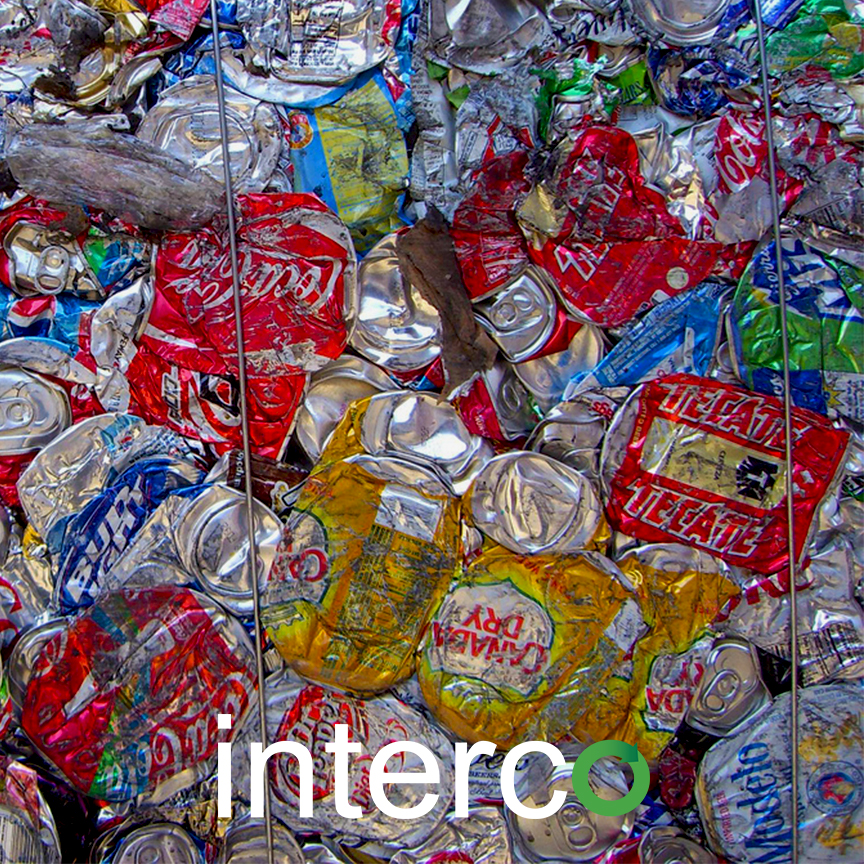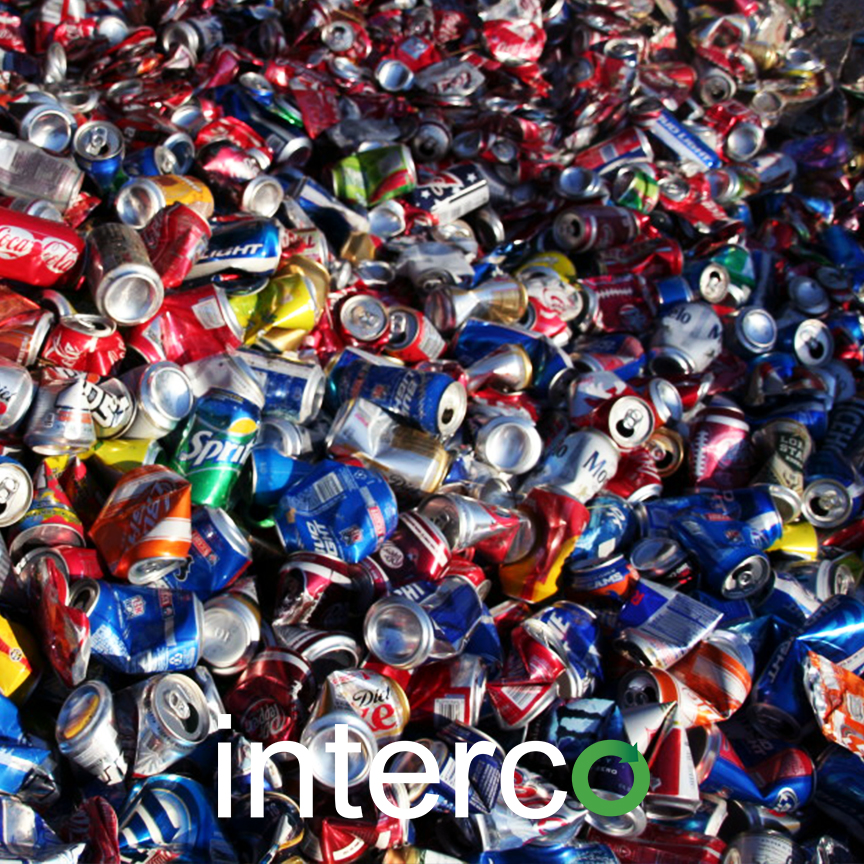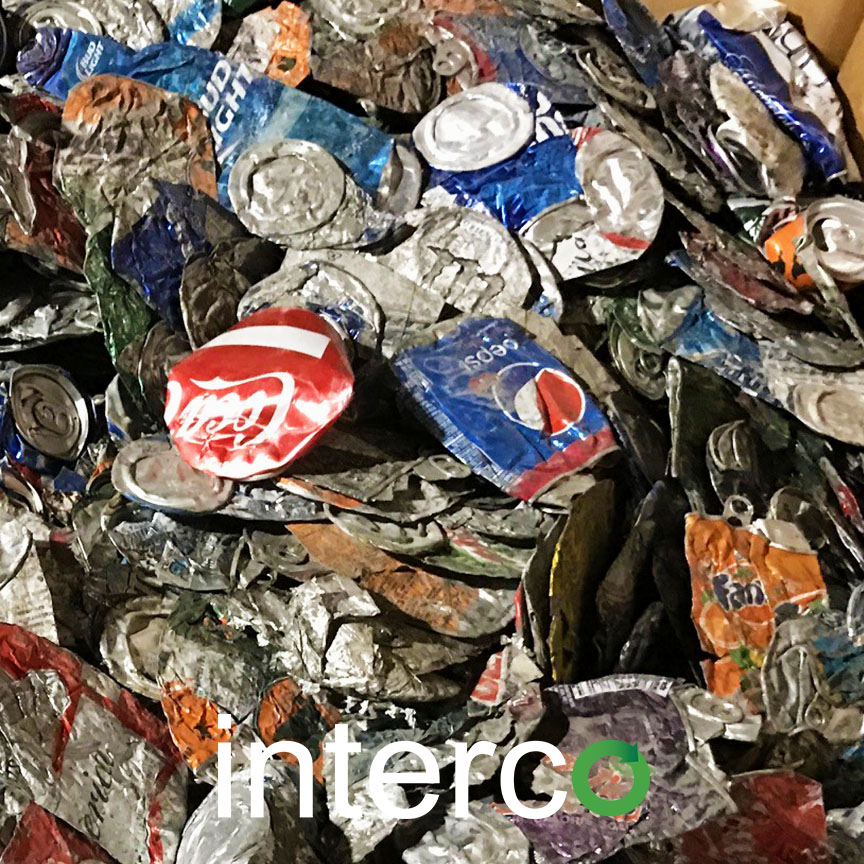Recycling Aluminum Cans
We Must Recycle Aluminum Cans

Regardless of how abundant aluminum is, recyclers still engage in the practice of recycling aluminum cans. Aluminum is the 13th element on the periodic table and it is a metallic element. It is a soft metal that is also ductile, malleable and lightweight. Aluminum constitutes approximately 8% of the earth’s crust. Bauxite is the ore that they produce aluminum from. The bottom-line: recycle aluminum cans.
This metal is a non-ferrous metal; it does not exhibit metallic properties. Also, it does not easily ignite. It is also corrosive resistant and can be easily cast, both of which are major reasons why we recycle aluminum cans. Due to the versatility of aluminum, manufacturers mostly use it after steel. Aluminum is used to make cans, while they usually mix it with magnesium to increase the can’s strength. However, the cans constitute a large percentage of aluminum.
How Important is Recycling Aluminum Cans?
Because of the high percentage of aluminum present in these cans, recycling aluminum cans serves as a source of aluminum. Today, one cannot overemphasize the widespread use of aluminum in the packaging of products in the manufacturing industry. Aluminum is used to package:

- Chemicals
- Oils (brake oils, cooking oils, etc.)
- Milk
- Beverages (soda, etc.)
- Vegetables (Tomatoes, sweet corn, etc.)
Manufacturers use aluminum cans to package virtually all kinds of perishables. Because of its wide use, recyclers have come to see reasons why we must recycle aluminum cans. The main reasons include:
- Saves Energy
- Source of Aluminum
- More Cost-effective
- Reduces Pollution
The process of recycling aluminum cans saves energy and resources. Recycling aluminum cans make use of only 5% of the energy and emissions required to mine aluminum from bauxite. This alone helps reduce the greenhouse effect and protect the ozone layer from emissions. Recycling aluminum cans can serve as a source of aluminum regardless of the presence of magnesium. This is because recyclers recycle aluminum cans repeatedly with little or no significant loss of its intrinsic properties. Also, when recycling aluminum cans, they retain their quality.
Recycle Aluminum Cans to Protect Natural Resources

Recycling aluminum cans help protect natural resources like bauxite and provides an alternative aluminum source. About 75% of the first aluminum made is still in circulation. Recycling aluminum cans are very economic because of the huge amount of energy saved in recycling it. Approximately 95% of energy is saved from recycling aluminum cans. More so, recyclers melt the scraps from the production of aluminum and repeatedly use them. Recycling aluminum cans help save bauxite, chemical products, and electricity.

As recyclers recycle aluminum cans, they reduce the rate of both air and soil pollution. Many recyclers focus their efforts recycling aluminum cans by recycling used beverage cans. Aluminum cans are non-biodegradable and if could cause problems if not properly managed. In addition, recycling aluminum cans reduce or prevent the release of carbon dioxide which occurs when mining for bauxite. This gas is toxic and if saturated in the air could cause acid rain. Acid rain could cause damage to both plants, life and properties.
Conclusion
In conclusion, by recycling aluminum cans, we can save energy as well as non-renewable fossil fuels. Furthermore, we can reduce landfill and air pollution by limiting the release of carbon dioxide into the atmosphere. We must recycle aluminum cans to save our environment. Contact Interco to recycle your aluminum cans.